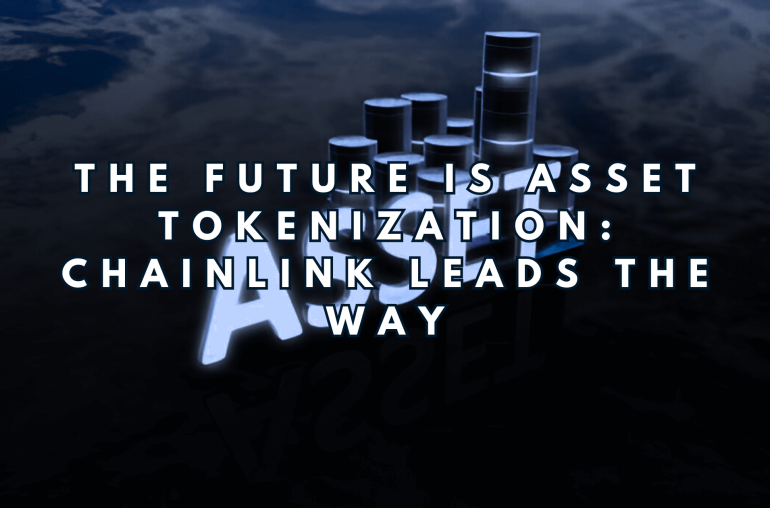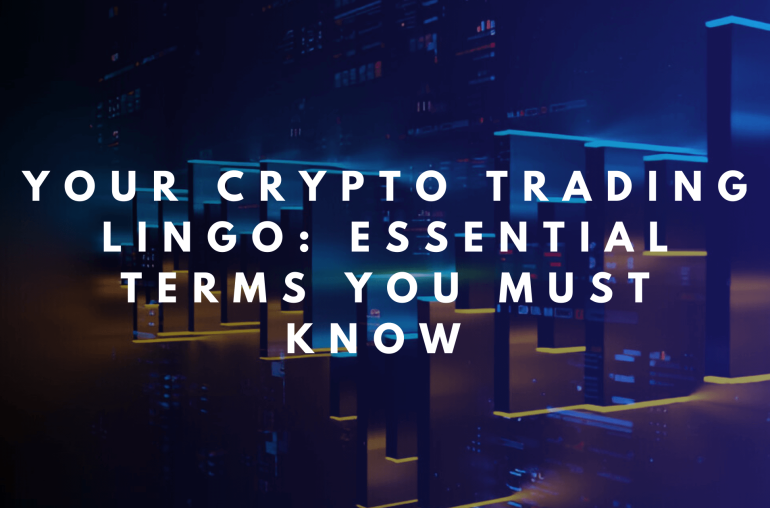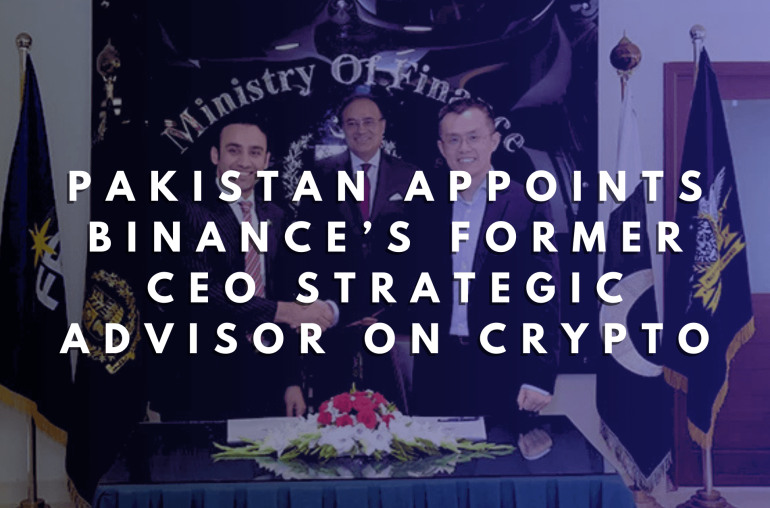Key Takeaways:
- Blockchain in Africa is all about real people using it to fix actual, everyday issues because they need to.
- Crypto adoption Africa started with students and freelancers who needed better ways to deal with international money and keep their savings safe.
- We’re seeing awesome real-world blockchain applications beyond just money, like using extra power to mine Bitcoin or creating community-run internet.
- Governments might be taking it slow, but the local innovation in solving problems with blockchain is strong and meeting real needs.
Ever wondered if blockchain is more than just complicated digital money? Well, guess what? Across Africa, Blockchain in Africa is becoming a super handy tool for clever innovators. They’re not just chatting about it; they’re actually using it to fix everyday problems think tricky currency situations or even getting reliable internet. This isn’t about chasing hype; it’s about real needs sparking some pretty amazing African blockchain innovation.
Also read: What Are AI Coins? A Beginner’s Guide to This New Crypto
Tackling Money Headaches: How Crypto is Catching On in Africa
So, where did this all start? One of the first big waves of crypto adoption Africa was all about making finance easier, especially for students and folks working freelance. Imagine you get paid from overseas, or in a currency like US dollars. Sounds great, right? But turning that into local cash you can actually spend? That can be a real headache if your local banks aren’t quite up to the task or if they’re hard to trust. This is exactly why people started looking at crypto.
Young folks, especially students, cottoned on pretty quickly. They began using digital currencies like stablecoins (which are cool because their value is meant to stay pretty steady) – not just for buying stuff, but as a safer place to keep their money. As Kevin Imani, who’s big on supporting African tech, mentioned, people were finding uses for this stuff even before the big companies or rule-makers got involved. This need for practical solutions led to a boom in “peer-to-peer” crypto use. That just means people trading digital money directly with each other, cutting out the middleman when old-school systems weren’t cutting it for things like international payments or cashing out their crypto earnings.
More Than Just Money: Awesome Real-World Blockchain Applications
But hold on, the story of Blockchain in Africa doesn’t stop at money. Innovators are using this tech for all sorts of blockchain for development projects, helping with big stuff like energy and getting online. These are some seriously real-world blockchain applications we’re talking about!
Powering Up Communities: A Smart Energy Solution
Picture this: a village in rural Zambia has a small hydro station making electricity. Cool, right? But what happens if it makes more power than everyone needs at that moment? Usually, that extra power just goes to waste. But now? Some communities are using that spare electricity to run computers that “mine” Bitcoin. If you’re wondering, “mining Bitcoin” is just how new bitcoins get made and how all the transactions are checked and it needs a good bit of computer power. So, by doing this, they make money from energy that would’ve been wasted! It’s a clever way of solving problems with blockchain and local smarts, creating a system that keeps itself going and cuts waste.
Getting Online, Together: Decentralized Internet
Getting good, reliable internet is another big challenge where African blockchain innovation is stepping up. In lots of places, fast internet from the big companies is either way too pricey or just not there. So, what’s the alternative? Community-run WiFi networks are popping up, built on decentralized ideas. Basically, people can share their own internet connection with others nearby. Blockchain tech helps make sure this sharing is fair and open, so if you share your bandwidth, you get paid for it right away, no fuss, no big company taking a cut. It’s straightforward, you can see what’s happening, and it’s fair.
What’s Next? A Bit of Waiting, Loads of Potential
Now, even with all these cool things happening, getting blockchain tech into the mainstream fully is still a bit of a slow burn. Governments in places like Kenya, Nigeria, and South Africa are playing it a bit cautious. They’re mainly focused on making sure everyday folks are protected, rather than going all-in on using blockchain everywhere just yet.
But here’s the thing: the need for these kinds of solutions isn’t going anywhere. Like Imani said, “The need is there. The technology is here. The only question is how we bridge that gap.” And if you look at what local innovators are doing, it’s clear that Blockchain in Africa has a super exciting future, all driven by real needs and smart, practical answers.
Conclusion
So, as you can see, Blockchain in Africa is way more than just a trendy term. It’s a real toolkit that smart people across the continent are using to solve big challenges in money, energy, and getting online. From students figuring out international payments to communities creating their own power solutions, these real-world blockchain applications are part of a powerful, grassroots movement. Official approval might take its sweet time, but the hunger for African blockchain innovation is already making a difference, solving problems with blockchain one clever idea at a time.
What are your thoughts on these cool ways blockchain is being used to solve real-world problems in Africa? Drop a comment below and let’s chat!




